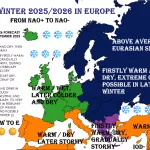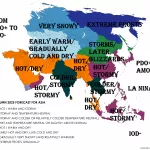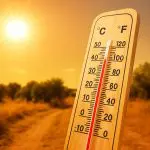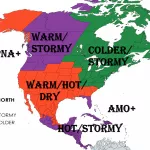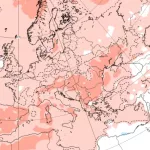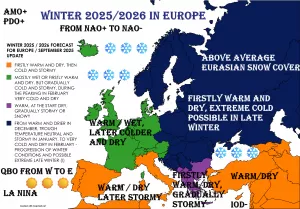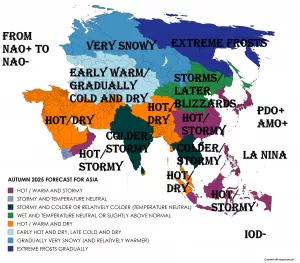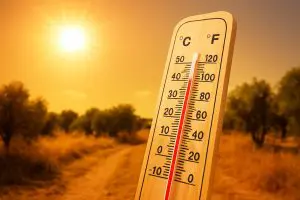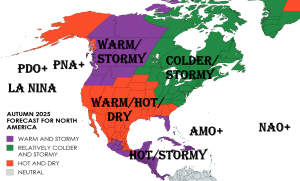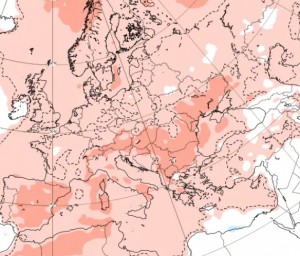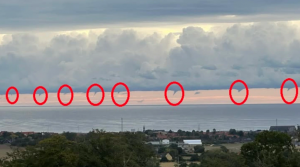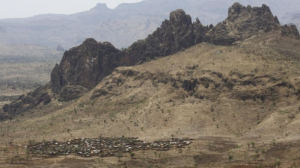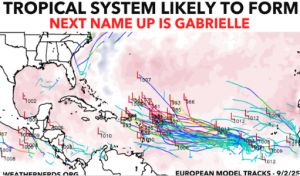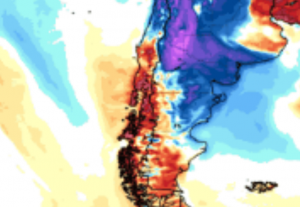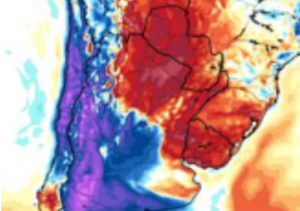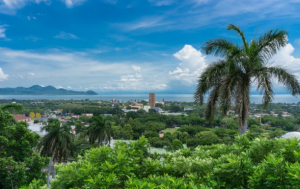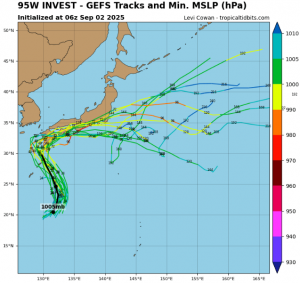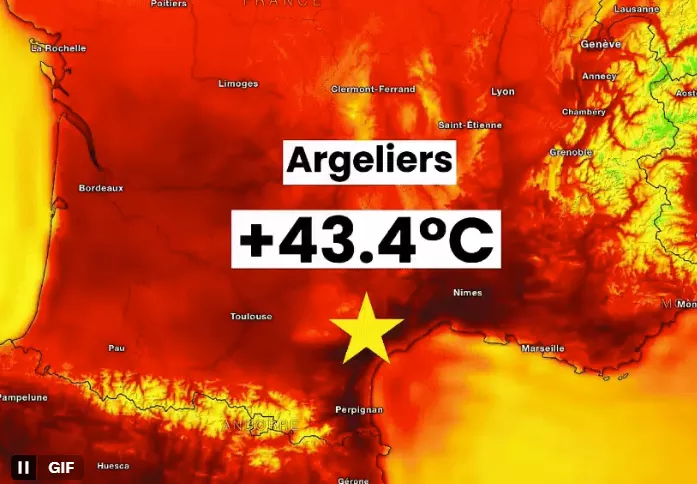
On August 2025, the small town of Argeliers, France, experienced a scorching temperature of 43.4°C, setting a new benchmark for the region. Yet this intense heat is only the beginning of a potentially historic heatwave sweeping across France, as meteorologists warn that temperatures could soar above 45°C in the coming days — a feat only seen once before in French history.
This looming second 45°C+ event in the same summer is unprecedented and highlights the rapidly escalating climate extremes facing France and much of Europe. The first time France recorded temperatures exceeding 45°C was in 2019, marking a milestone that shocked experts and underscored the growing threat of extreme heat.
The heat dome responsible for these soaring temperatures is fueled by a persistent high-pressure system drawing hot air from the Sahara Desert northward into the Mediterranean and mainland France. This mechanism traps heat over the region, leading to long-lasting and intense heat conditions.
The consequences of such extreme heat are multifaceted. Public health systems brace for a surge in heat-related illnesses, including heat exhaustion and heatstroke, particularly among vulnerable populations such as the elderly and children. Emergency services prepare for increased demand, while urban areas confront challenges related to the urban heat island effect that exacerbates nighttime temperatures.
Agricultural sectors face significant risks as well, with crops threatened by prolonged heat stress and drought conditions. Water scarcity could intensify in some regions as demand soars for irrigation and human consumption alike.
Local authorities are urging residents to take precautionary measures such as staying hydrated, avoiding outdoor activities during peak heat hours, and using cooling centers when possible. Public awareness campaigns emphasize the importance of protecting at-risk individuals and adapting daily routines to cope with the extreme weather.
This unfolding situation in Argeliers and the wider French territory reflects a broader European trend where heatwaves are becoming more frequent, intense, and prolonged due to global warming. The interplay of climatic factors is pushing temperature records higher and testing the resilience of infrastructure and communities.
As France faces this looming heatwave, scientists stress the urgent need for long-term climate adaptation strategies. These include enhancing urban green spaces, investing in sustainable water management, and improving healthcare preparedness.
In conclusion, the 43.4°C recorded in Argeliers marks a critical point in an escalating heatwave event, with forecasts warning that temperatures above 45°C may strike France for a second time in history. This unfolding heat crisis demands immediate action to protect lives and livelihoods amid the growing reality of climate extremes.

Source: https://x.com/GJauseau/status/1954571040694104291

